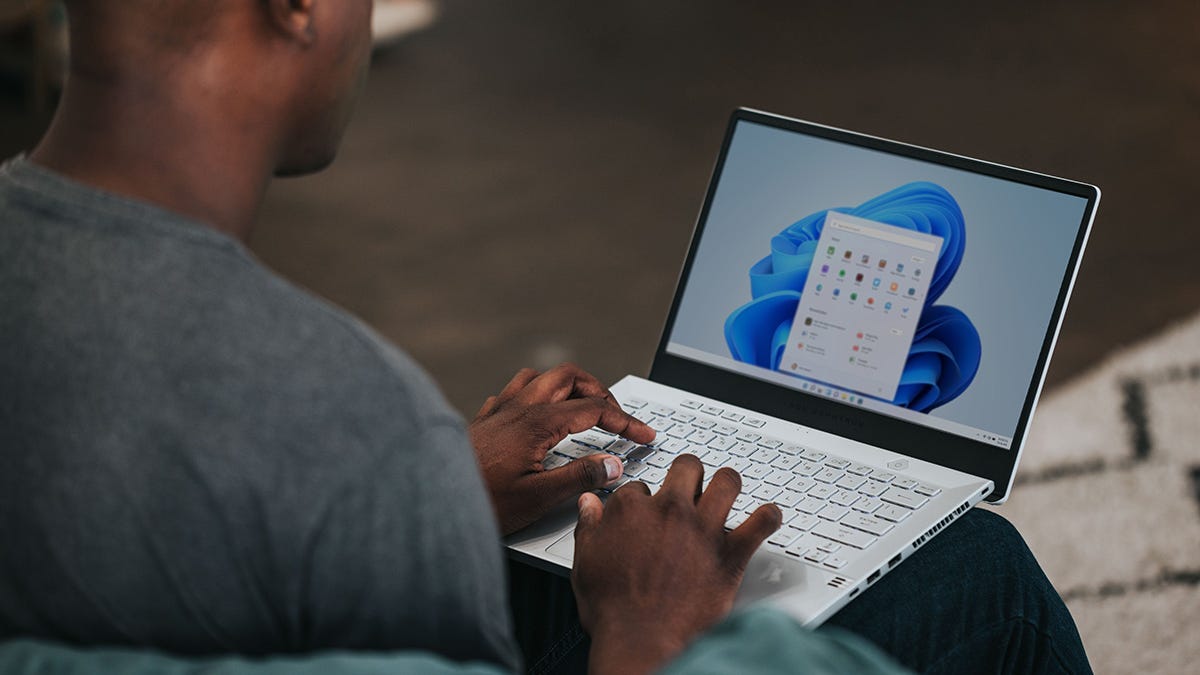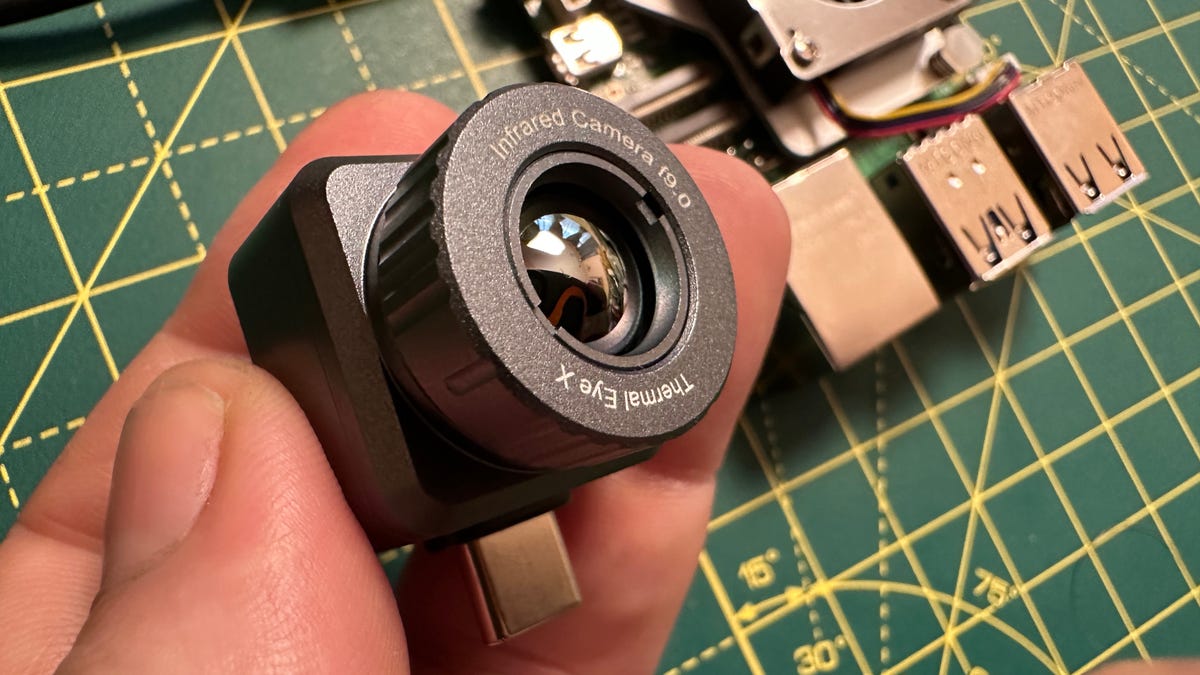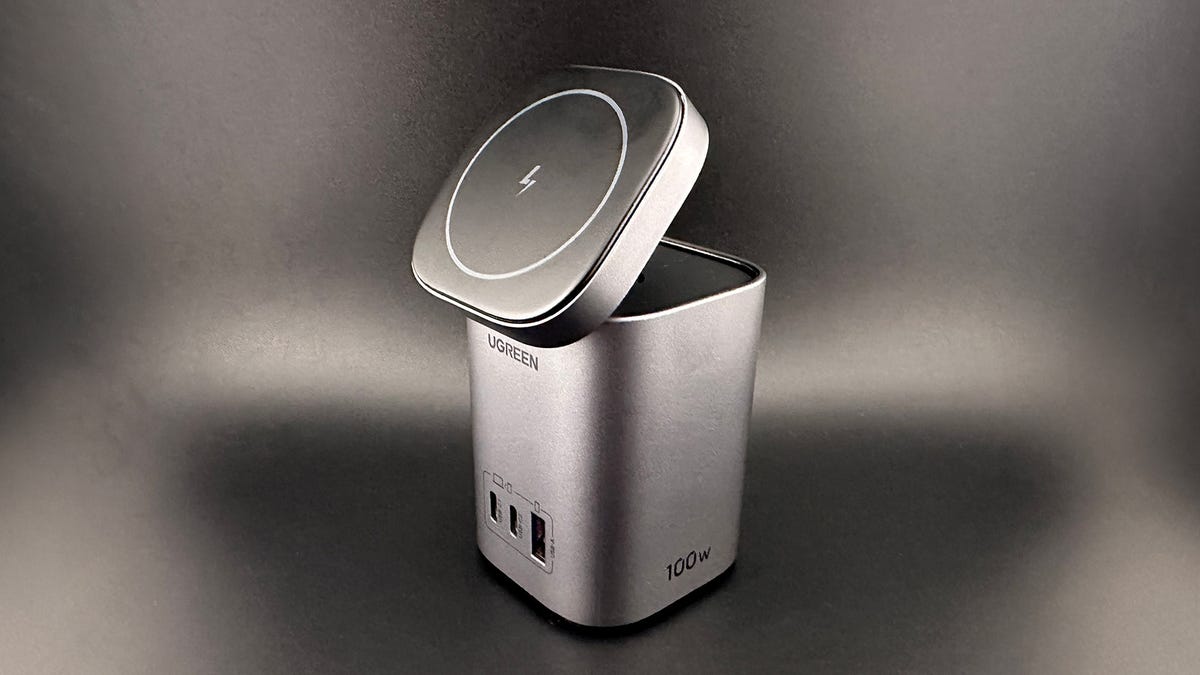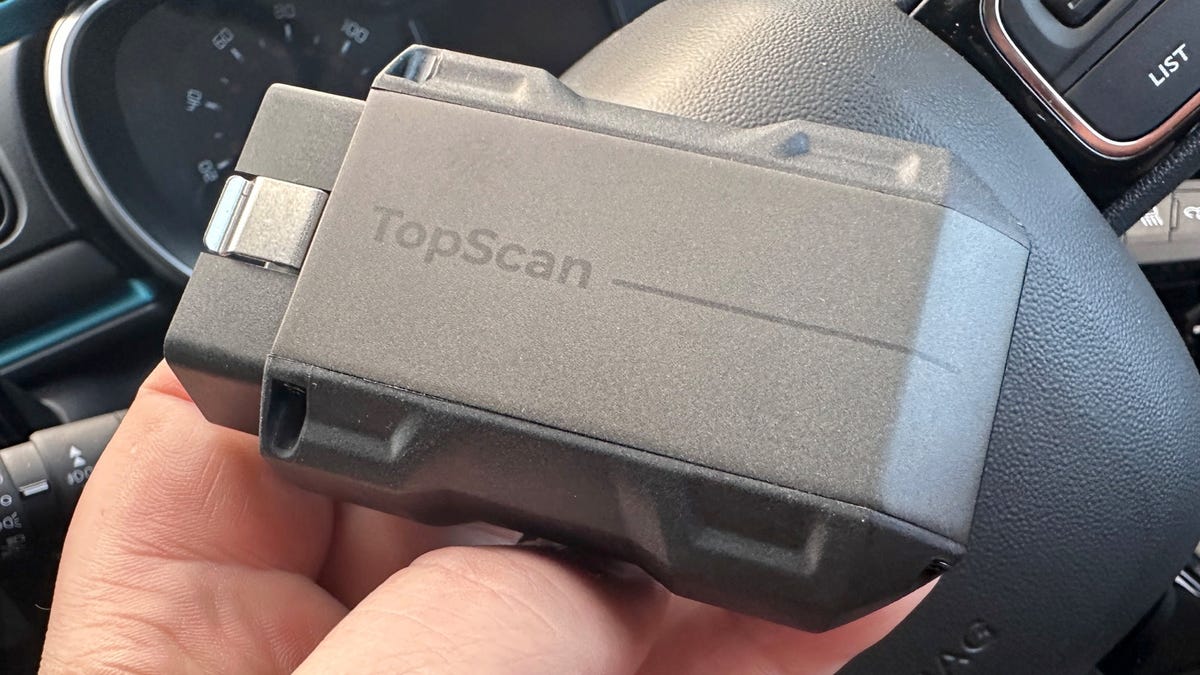BOOK THIS SPACE FOR AD
ARTICLE ADWelcome to ZDNET's Innovation Index, which identifies the most innovative developments in tech from the past week and ranks the top four, based on votes from our panel of editors and experts. Our mission is to help you identify the trends that will have the biggest impact on the future. Read last week's report here.
The annual Apple iPhone event, dubbed "It's Glowtime", took over the media cycle with hardware releases this week, but two other companies also managed to make an impression.
Apple's new hearing aid function for the Airpods Pro 2, among other notable health features, won with our panelists by a landslide. The company's premium earbuds line can now measure and test a wearer's hearing -- a first for a commercial product -- and, if needed, act as hearing aids. The feature gained FDA approval on Thursday, just a few days after its launch. Starting at around $250, AirPods aren't cheap, but they can be much more accessible than traditional hearing aids, especially for those without insurance. If the rollout later this fall is successful, Apple could make unexpectedly significant waves in healthcare. Apple Watch Series 10 is also getting sleep apnea tracking, though Samsung's Galaxy Watch did this first, earlier this year.
"Updates to the iPhone get the most attention -- it is the best-selling smartphone in the world -- but Apple's most impactful announcements may have been its health updates," said panelist Avi Greengart.
Also: Your AirPods Pro 2 are getting a free audio upgrade, and it's the most important one yet
In second place is Huawei, which launched the "world's first" tri-foldable smartphone amid Apple's iPhone 16 frenzy. The Mate XT Ultimate Design is bigger than an open Samsung Galaxy Z Fold 6 and sports all kinds of fancy details that "stunned" ZDNET's Cesar Cadenas. But Samsung might not have to shake in its boots just yet: Huawei and its products are banned in the US due to security concerns.
We return to Apple for spot #3, specifically the company's engineering prowess, which ZDNET editor in chief Jason Hiner says "powers iPhone 16 Pro to new heights." Driven by the company's A18 Pro chip, improved audio and video recording, form factor, and camera controls stand out as some of the device's most impressive features. Hiner calls the phone a "ridiculously overpowered supercomputer", an apt description considering the A18-powered device might perform as well as a high-end desktop. Well, at least one that's a few years old.
Most importantly, first impressions of the iPhone 16 Pro's hardware bode well for the device delivering on the highly anticipated Apple Intelligence features set to launch later this fall.
Closing out the Index is the new Honor Magic V3, which ZDNET contributor Prakhar Khanna says is "the best-designed foldable phone I've tested so far." That's high praise in this office. Plus, it's only 9.2mm thick when folded, making it the market's slimmest option (another world's first) and in the lead over the Galaxy Z Fold 6 (another hit for Samsung). Khanna, who's tried both models, can "confidently say the Honor is far ahead regarding hardware."
Also: Gemini Live is rolling out to all Android users - for free. Here's how to access it
But, of course, the inevitable catch -- the Honor Magic V3 isn't available in the US, and it's unclear whether it ever will be. Regardless, it's certainly going to influence the market. "The foldables segment in China is almost completely divorced from the rest of the world; more people are buying them, there's more competition, and that has led to innovation," says Avi Greengart. "Super thin (and super foldy) phones aren't cheap, but they show what's possible." In the meantime, the Galaxy Z Fold 6 still has its perks. Read the rest of Khanna's in-depth review here.
.png)
 2 months ago
31
2 months ago
31 















 Bengali (Bangladesh) ·
Bengali (Bangladesh) ·  English (United States) ·
English (United States) ·